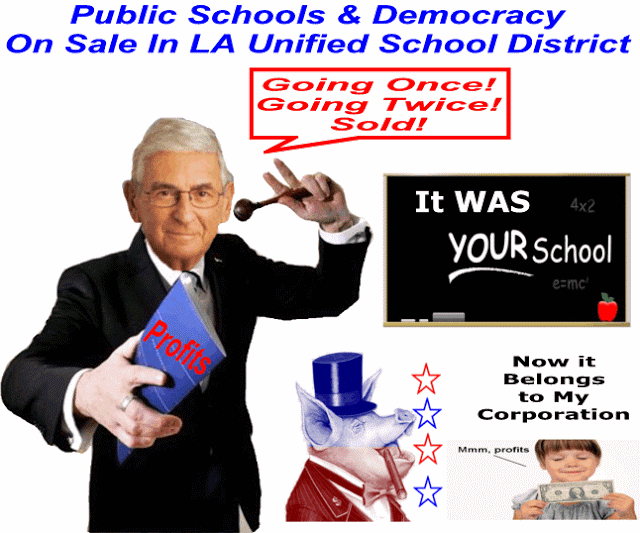State Schools Superintendent Tom Torlakson Appoints Kristin Wright as Director of Special Education Division

Kristen Wright — National Center for Special Education in Charter Schools - http://www.ncsecs.org/kristen-wright/
SACRAMENTO—State Superintendent of Public Instruction Tom Torlakson announced today that he has appointed Kristin Wright as the new Special Education Division Director at the California Department of Education (CDE). She begins her assignment September 1.
Wright has spent more than a decade working in education with a focus on special education. Since December 2014, she has worked for the California State Board of Education as an Education Policy Consultant and liaison between the State Board and the CDE on a variety of subjects, including special education, child nutrition, foster and homeless youth, and computer science.
In 2013 and 2014, she worked as an Education Programs Consultant within CDE's Special Education Division, serving as a liaison to the Advisory Commission on Special Education (ACSE) and consulting on program and policy matters related to California's Common Core State Standards and accessibility for students with disabilities. She served as a State Senate appointee to the ACSE from 2006 to 2013 and was chair of the advisory commission from 2009 to 2013.
"Kristin brings a wealth of professional and personal experience to this important position as a policy expert, a former special education student teacher, and a mother of a child with disabilities," Torlakson said. "California's students with disabilities and their families will find they have an advocate and an ally in Kristin."
Wright's public service career took a turn with the birth of her middle daughter, Shelby, who has significant intellectual and physical disabilities. Wright, who earned a bachelor's degree in sociology from California State University, Sacramento, returned to the university to earn a special education teaching credential and a master's degree in special education. She spent the 2008-09 school year as a special education student teacher in the San Juan Unified School District, the Sacramento City Unified School District and the Twin Rivers Unified School District.
From 2010 to 2013, she was a contract consultant providing special education research and other support to organizations that included the Bill and Melinda Gates Foundation. Her work there included researching special education services provided by U.S. charter schools.
Wright replaces former Special Education Division Director Fred Balcom, who retired in December. Since December, the Division Director's role has been filled on an interim basis by Chris Drouin. California's public schools served 717,962 special education students ranging in age from newborns to 22 during the 2014-15 school year.
A Sacramento native, Wright and her husband, Charles, have three children: Ace, Shelby, and Violet.
# # # #
Tom Torlakson — State Superintendent of Public Instruction
Communications Division, Room 5206, 916-319-0818, Fax 916-319-0100
Communications Division, Room 5206, 916-319-0818, Fax 916-319-0100
Last Reviewed: Monday, August 1, 2016





















